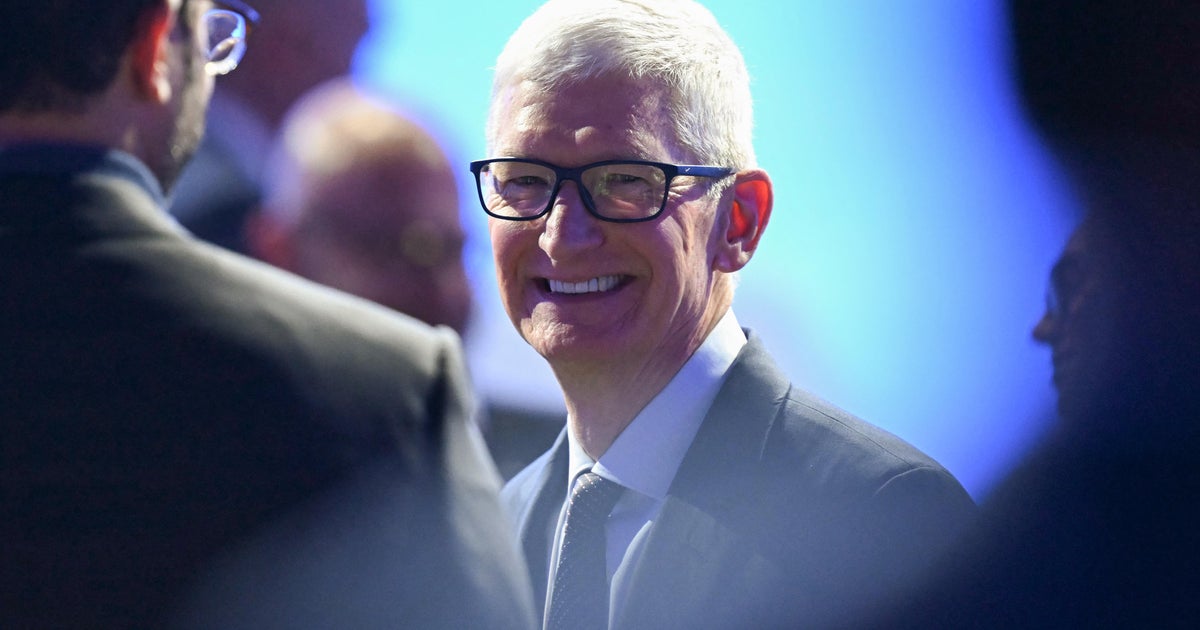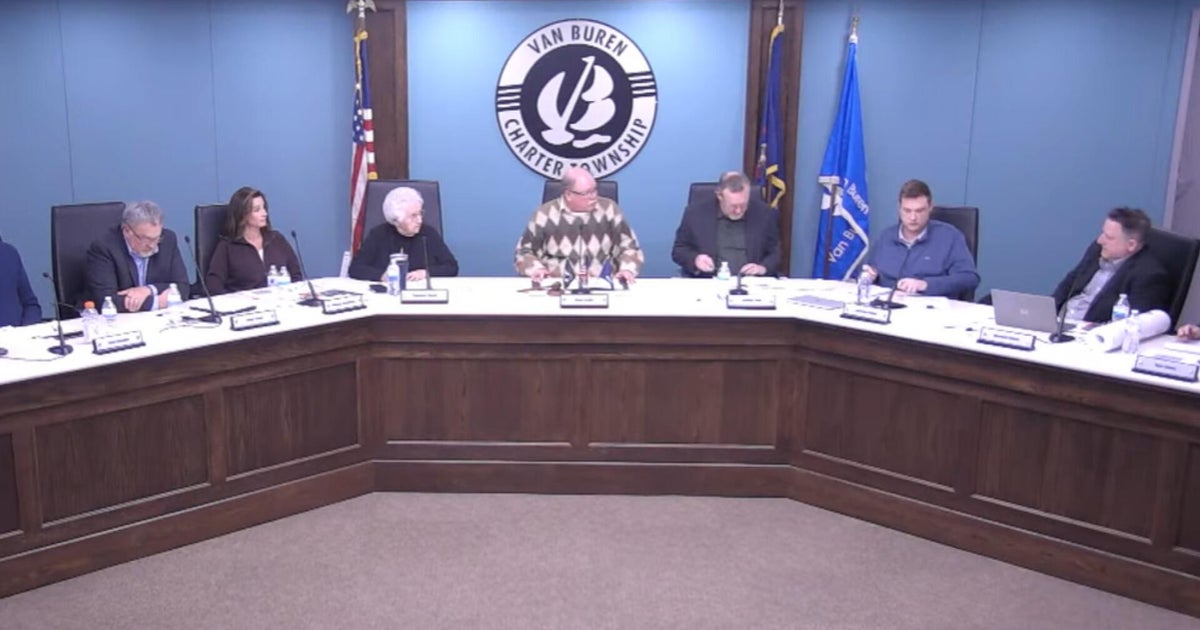Report: Cambridge University ethics panel rejected Aleksandr Kogan's Facebook study
Documents show that an ethics panel at the University of Cambridge rejected a proposed academic study on Facebook likes due to the company's "deceptive" approach to users' privacy, reports The Guardian. The study was proposed in 2015 by Aleksander Kogan, an academic in the university's Department of Psychology, who is at the center of the Facebook privacy scandal. It suggested looking at how Facebook likes are linked to "personality traits, socioeconomic status and physical environments."
The psychology research ethics committee at the University of Cambridge said it found that Kogan's proposal included "worrisome" aspects, according to documents that were recently released. The panel also said the social media giant's approach to consent "falls far below the ethical expectations of the university."
According to The Guardian, the academic investigation involved 250,000 Facebook users' personal data, and data from their 54 million friends. That data had already been obtained through a personality quiz app in a project funded by the parent company of Cambridge Analytica, SCL.
The documents about the panel's decision were reportedly released shortly before he appeared before British lawmakers on Tuesday.
In a "60 Minutes" interview on Sunday, Kogan said he was "sincerely sorry" about the way he and "tens of thousands" of other app developers took advantage of what he said was Facebook's lax data policy enforcement, but he doesn't think he really did anything wrong.
Facebook has been mired in scandal since revelations that Cambridge Analytica misused personal information.



